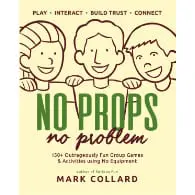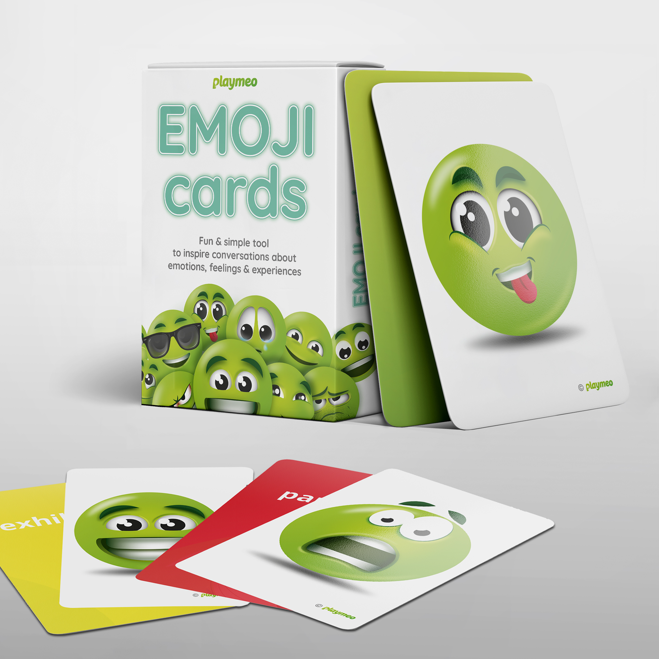20+ Fun & Engaging Ways to Form Random Pairs
So you’ve asked your group to pick a partner so that you can form smaller teams and… they immediately make a beeline to their best…

One of the most important decisions we make as group facilitators is to know at what level to pitch the challenge of any particular activity to our groups. So, it came as no surprise when this question from a playmeo member crossed my inbox:
What do you do when the group solves the activity quicker than you expect?
When pitching the challenge of an activity, hitting the sweet spot is harder than it looks. There are just so many variables. Make the activity too easy and you risk boring the group or make it too hard and you risk frustrating your group beyond their ability to cope.
Here’s an extract of what I shared in response:
Like you, I wrestle with this idea too. And while I feel I have gotten better at making good decisions over the course of my career, I believe having a suite of strategies up my sleeve to navigate these situations is what has really helped me help my group.
There are two key strategies I have developed to manage those situations when my group has completed the activity or has solved it too quickly. Or, should I say more accurately, quicker than I expected?
This can manifest in at least one of two ways:
If I suspect that my group reflects a wide variety of experiences and skills, I may choose to present the activity to multiple small groups or teams. In effect, I will have introduced the same problem to multiple workstations. Careful in the manner in which I present the challenge – wary of not leveraging a hyper-competitive mood – I encourage those groups that solve the activity first to coach other groups to find a solution. This is always a very interesting scenario. Some groups will simply demonstrate how to solve the activity, while others may choose to facilitate the discovery of a solution by the other group. There is no right or wrong approach here, it will all depend on your objectives. The interplay between offering help and receiving it may also be a wonderful conversation starter when you later reflect on the different team approaches.
What do you do when an activity is solved too quickly or ends quicker than you expect?
Please share your strategies in the comments below.

Best-selling book featuring 150+ fun group games & activities. Scan QR codes to access digital content including videos.

Brand new deck of cards featuring emoji images to help you inspire conversations about emotions, feelings & experiences.
Download our free 28-page ebook jam-packed with outrageously fun activity ideas.
Just one more question:
Share this with friends and colleagues.
We offer a range of membership plans with no surprises.
Click an option below & discover our simple pricing.

Click here if you’re a:

Click here if you represent a:
Explore plans for
10, 50, 200 or more
potential users